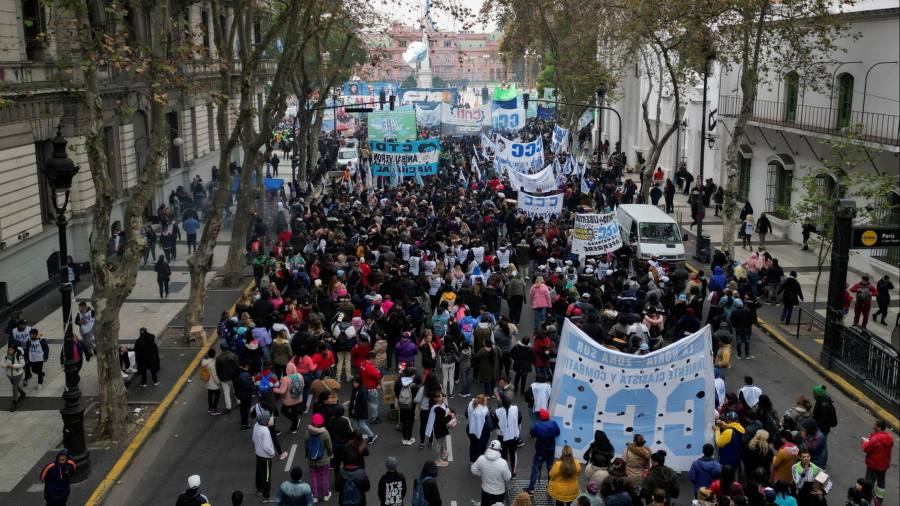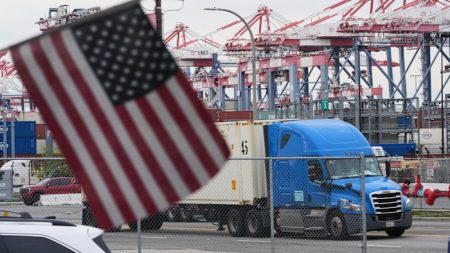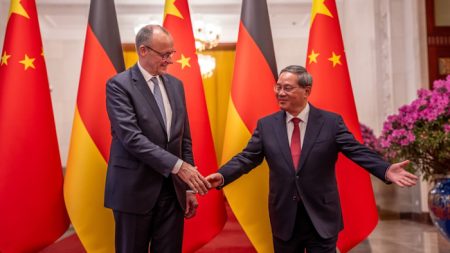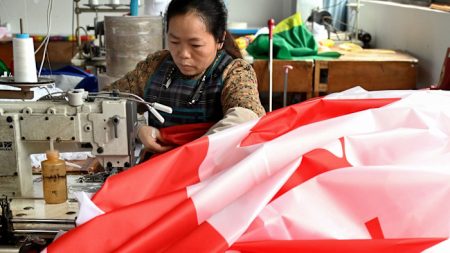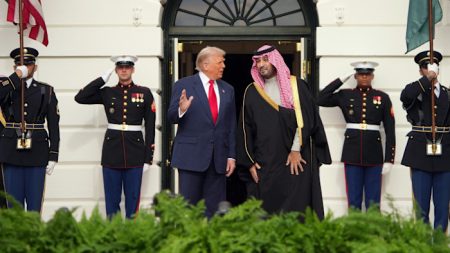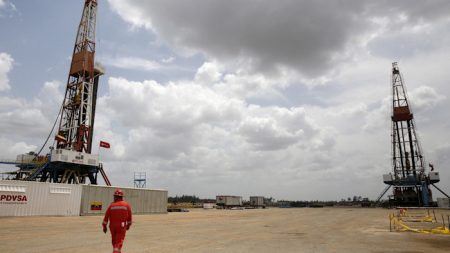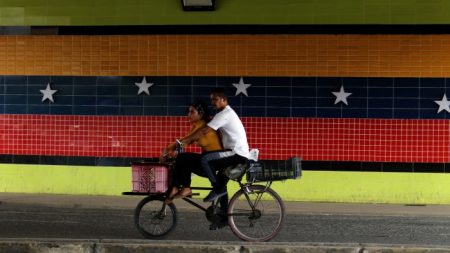Receive free Argentine economy updates
We’ll send you a myFT Daily Digest email rounding up the latest Argentine economy news every morning.
Argentina is set to introduce tax and currency measures that will in effect devalue the peso as part of a hard-fought deal with the IMF to release delayed tranches of a $44bn loan programme.
Buenos Aires will introduce a new preferential exchange rate for agricultural exports and levies on imports on Monday, according to economy ministry staff.
Argentina and the IMF have been locked in negotiations for three months over the country’s failure to abide by the terms of last year’s debt restructuring deal after a record bailout in 2018.
The fund says Argentina has fallen short on foreign exchange reserves and cutting the fiscal deficit, and last month delayed a $4bn disbursement. Buenos Aires blames its shortfall on a severe drought that wiped out $20bn of exports this year.
Without the cash, Argentina risks defaulting on repayments to the multilateral lender for a previous loan, with about $3.4bn worth of obligations coming due by August 1. That would further destabilise the country’s already fragile economy ahead of presidential elections in October.
The IMF and Argentina said in a joint statement on Sunday that they had “agreed the central objectives and parameters” for a staff-level agreement to “consolidate fiscal order and strengthen reserves”, ahead of a revision of the country’s support programme. Two staffers in the economy ministry with knowledge of the talks said the agreement would be finalised on Wednesday or Thursday.
Economy minister Sergio Massa said in a television interview on Sunday night that the fund was preparing to release “a very big package of disbursements in August and an additional one in November.” He declined to give exact figures.
Analysts have expressed scepticism that the IMF will disburse much more cash than Argentina needs to make its repayments.
The peso is down a third against the dollar this year on parallel currency markets, where it trades at about half the official rate.
Massa has been reluctant to sharply devalue the peso’s official rate. Analysts said the minister, who is also a presidential candidate for the ruling Peronist coalition, fears the impact of a devaluation on inflation, which has already soared to more than 115 per cent, but his objections have proved a major sticking point in the IMF talks.
The new trade-related measures appear to be intended to satisfy the IMF’s demands for a devaluation, said Salvador Vitelli, head of research at the Buenos Aires-based consultancy Romano Group.
Under the plan, corn and other crop producers will be offered 340 pesos a dollar to liquidate their stock, compared with the official rate of 268. Tax authorities will also impose a 25 per cent levy on imports of services and a 7.5 per cent duty on goods imports.
But Vitelli warned that the policies might result in price increases. Agricultural and manufacturing lobbies have said the measures will distort markets and raise production costs.
While the final deal with the IMF is likely to include more measures, including to reduce the fiscal deficit, the currency and tax tweaks are a far cry from the sweeping macroeconomic changes the IMF seeks in the long run.
In its global external sector report published last week, the lender criticised Argentina’s multiple exchange rates and currency controls, which it said “have introduced distortions that discourage trade and foreign investment”.
However, the IMF may accept the workarounds “with one eye on the negotiations” with the incoming government, Vitelli added. “I think the fund will make a kind of concession in order to allow Massa to hold the economy together until the elections.”
Read the full article here





